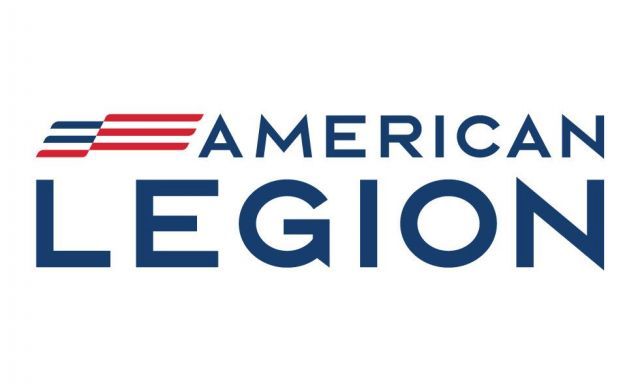
Interviewing and news writing tips
American Legion posts, districts and departments use newsletters to share the message of events, programs and more. The following are a few things to keep in mind when conducting interviews and writing news articles for your newsletters.
When writing a news article:
- Research your topic: To write a news article, it’s important you research your topic to help you have a structured and well-written article.
- Know your audience: Is your article for the Legion Family, youth or community? By knowing who you are writing for, it will help you know the details to include. You can ask yourself the five W’s: who, what, where, why, when and how. Think about what it is about your story that your audience needs to know.
- Grab the attention of your audience: Begin your news article with a strong lead that draws your readers in. The opening sentence should state the topic of your article. For example, “The 2023 American Legion Legacy Scholarship awarded 321 children of fallen and disabled post-9/11 veterans with $1.4 million in financial assistance for higher learning.” Don’t bury your lead in the middle or end of the article. You want readers to know what your topic is immediately.
- Provide the details: After your lead, give details such as the where and when. For example, “The American Legion Legacy Scholarship awardees were determined by the Americanism Commission during The American Legion’s annual Spring Meetings, May 10-11, in Indianapolis.” Then dive into the why of your story – why is it important that your audience knows about what you are trying to convey to them.
- End with a good concluding sentence: This can be a restatement of your lead statement or leave your reader with more information. In the Legacy Scholarship case, you could end with “For more information about The American Legion Legacy Scholarship, please visit legion.org/scholarships.”
When conducting an interview:
- Record your interview from a phone or recorder so you do not miss pertinent information for your article or possible quotes to use.
- Have questions prepared. Often the interviewee will provide a response that may lead to questions not originally on your radar. But having a set of prepared questions is helpful to start the interview.
- Ask questions that will answer the who, what, where, why, when and how for your story.
- Give the person an opportunity to share something that wasn’t asked during the interview. Many times they will provide a final statment that will help wrap up your story.
